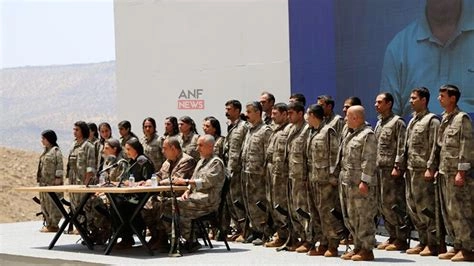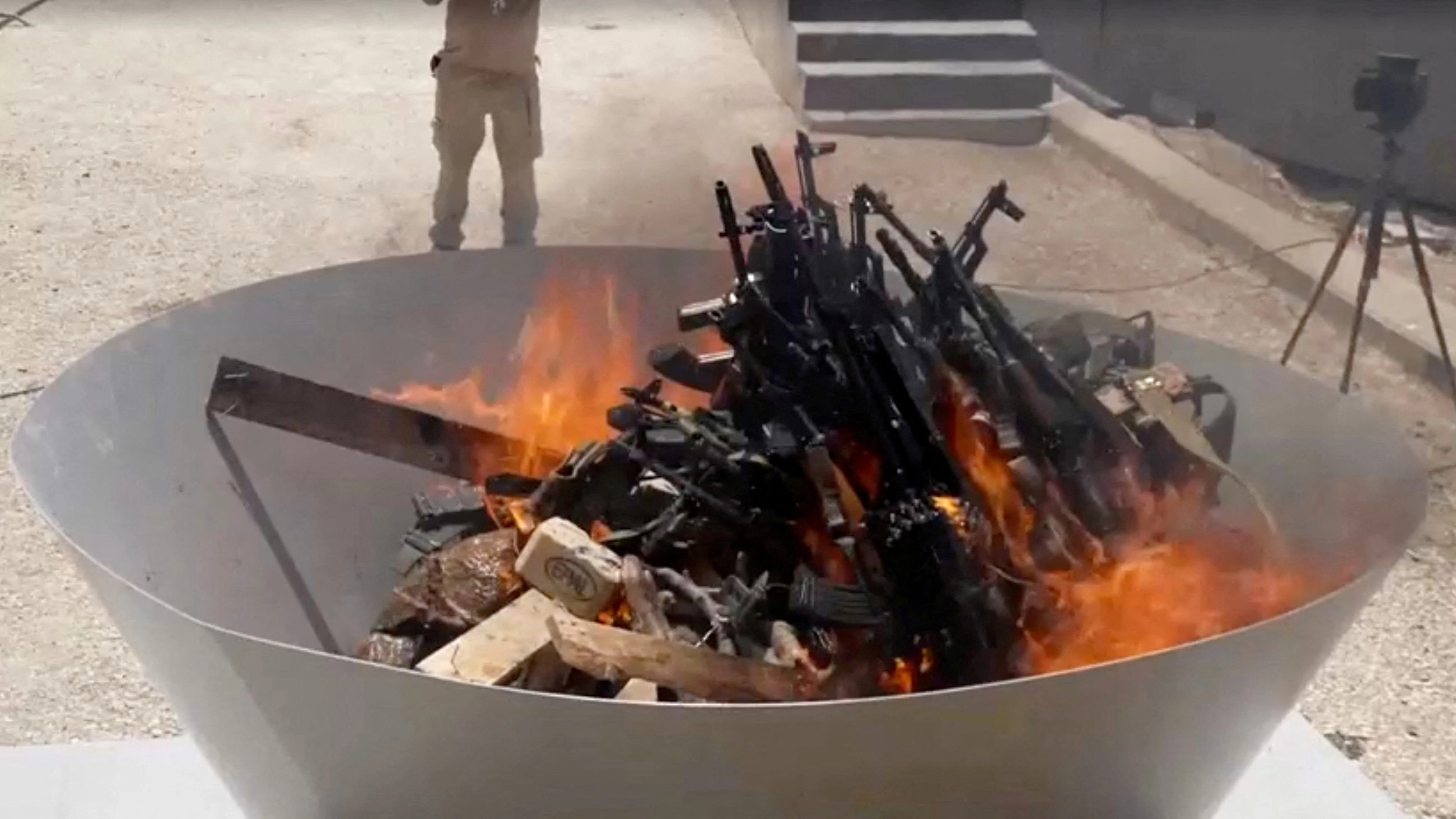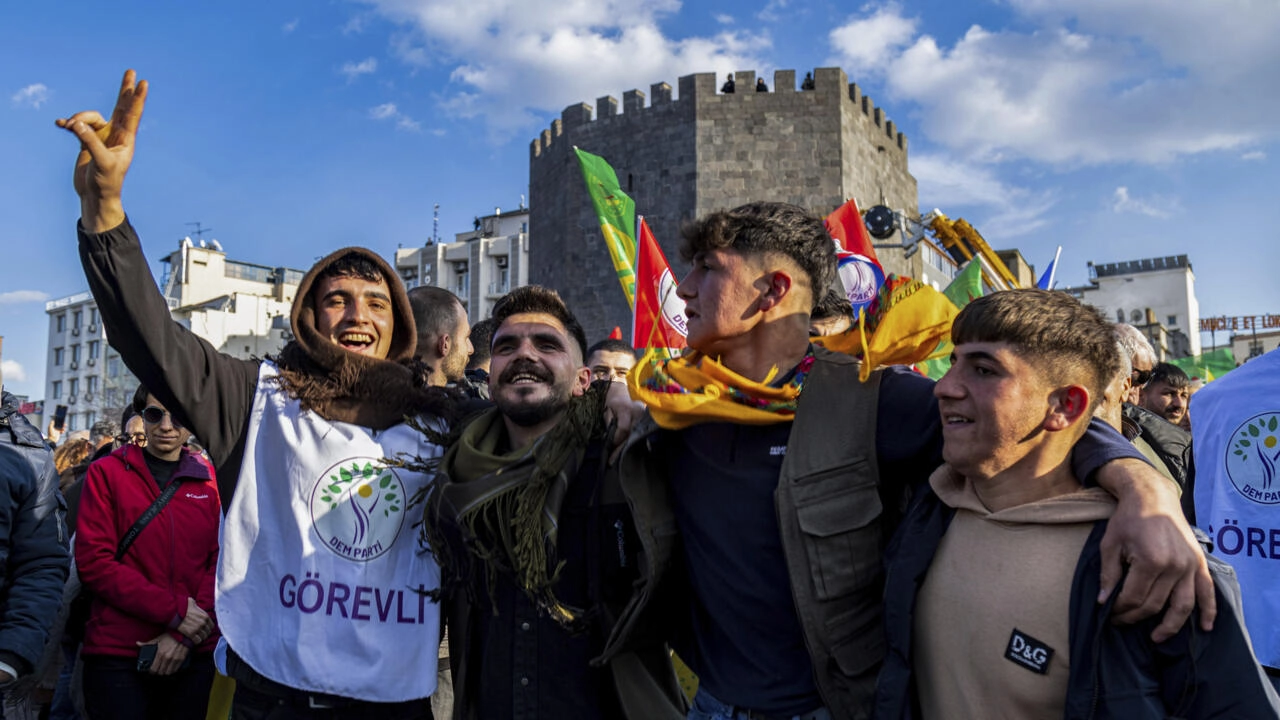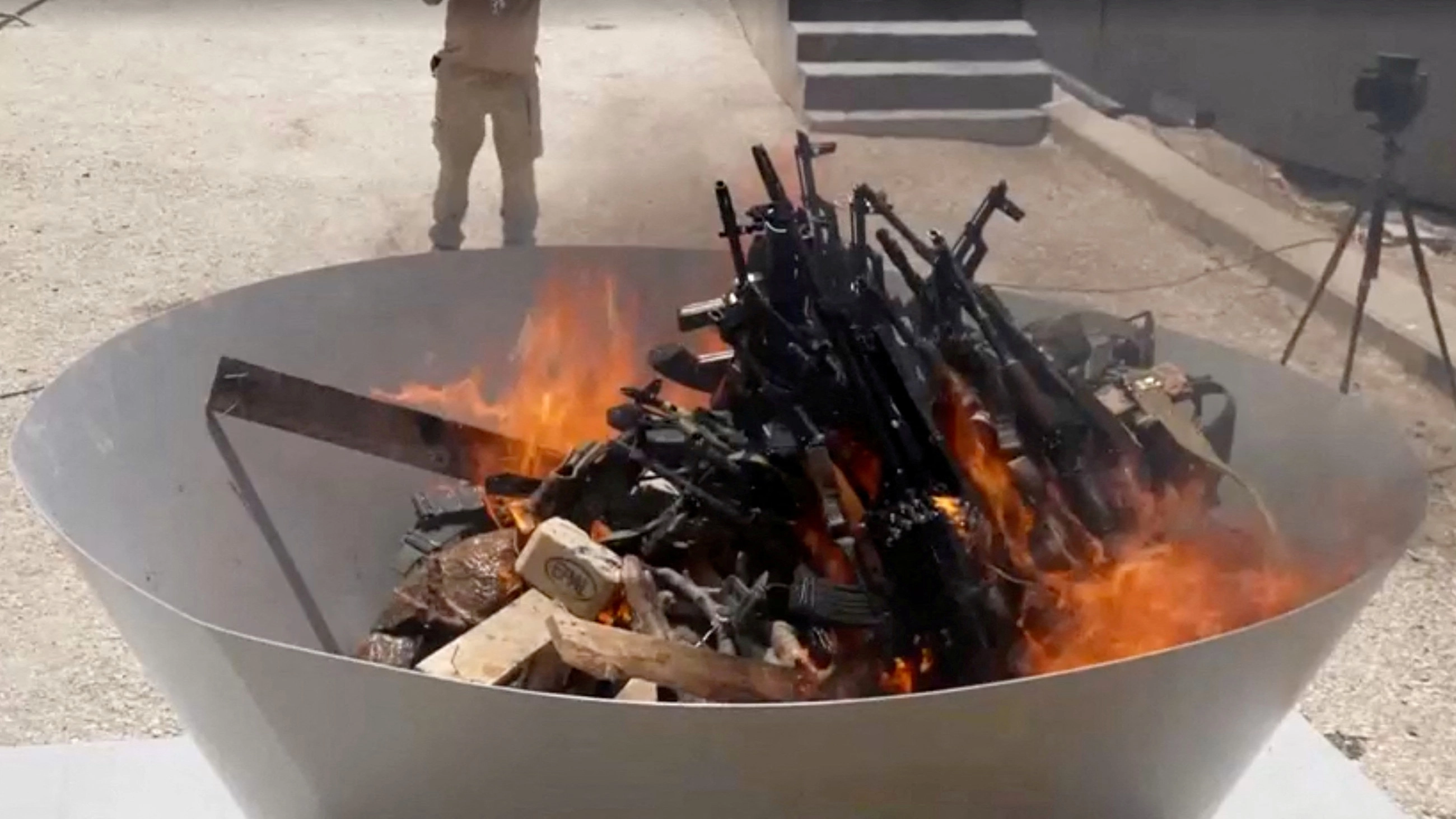A Historic Moment: PKK Begins Laying Down Arms in Landmark Ceremony
What does the disarmament of the Kurdistan Workers' Party (PKK) mean for Turkey and the broader region? Why is this moment being hailed as a turning point in the decades-long conflict? How will this ceremony pave the way for lasting peace? These questions are at the heart of a historic development unfolding in Turkey, as the PKK prepares to lay down its arms in a landmark ceremony.
The Road to Disarmament: A Decades-Long Conflict
The conflict between the Turkish state and the PKK, designated as a terrorist organization by Turkey, the EU, and the US, has spanned over four decades. Rooted in demands for Kurdish autonomy and rights, the violence has claimed tens of thousands of lives and displaced countless others. The disarmament ceremony marks a significant step toward ending this bloody chapter.
For example, the 2013 ceasefire agreement between the Turkish government and the PKK was a precursor to this moment, though it ultimately collapsed. This time, however, the involvement of international observers and a more structured process has raised hopes for a sustainable resolution.

The Significance of the Ceremony
The upcoming ceremony is not merely symbolic; it represents a tangible commitment to peace. By laying down their arms, PKK militants are signaling their willingness to transition from armed struggle to political engagement. This shift could redefine the Kurdish question in Turkey and inspire similar movements worldwide.
Consider the case of Northern Ireland, where the IRA's disarmament in 2005 was a cornerstone of the Good Friday Agreement. The PKK's move could similarly catalyse a new era of dialogue and reconciliation in Turkey.

Challenges and Scepticism
Despite the optimism, significant challenges remain. Hardliners on both sides may resist the peace process, and past failures have left many sceptical. The Turkish government must also address the root causes of the conflict, including Kurdish cultural and political rights, to ensure long-term stability.
For instance, the disarmament of Colombia's FARC rebels in 2016 was met with mixed results, as some factions returned to arms due to unmet promises. Turkey must learn from these examples to avoid a similar outcome.
International Reactions and Implications
The international community has closely watched Turkey's peace efforts. Countries like the US and Germany, which have significant Kurdish diasporas, have expressed cautious support. The success of this process could also influence other conflicts in the Middle East, where Kurdish populations seek greater autonomy.
For example, the Syrian Kurdish forces' role in combating ISIS has highlighted the geopolitical complexities of Kurdish aspirations. Turkey's handling of the PKK disarmament could set a precedent for regional stability.

The Path Forward: What Comes Next?
The disarmament ceremony is just the beginning. For lasting peace, Turkey must implement inclusive policies that address Kurdish grievances, such as language rights and political representation. Civil society and international mediators will play crucial roles in monitoring and supporting this transition.
Lessons from South Africa's Truth and Reconciliation Commission show that transparency and accountability are vital for healing. Turkey could adopt similar mechanisms to foster national unity.
Conclusion: A New Dawn for Turkey?
The PKK's disarmament is a historic opportunity for Turkey to turn the page on violence and embrace a future of dialogue and coexistence. While challenges abound, the ceremony symbolizes hope for a peaceful resolution to one of the world's longest-running conflicts.






